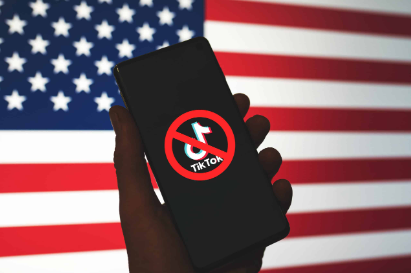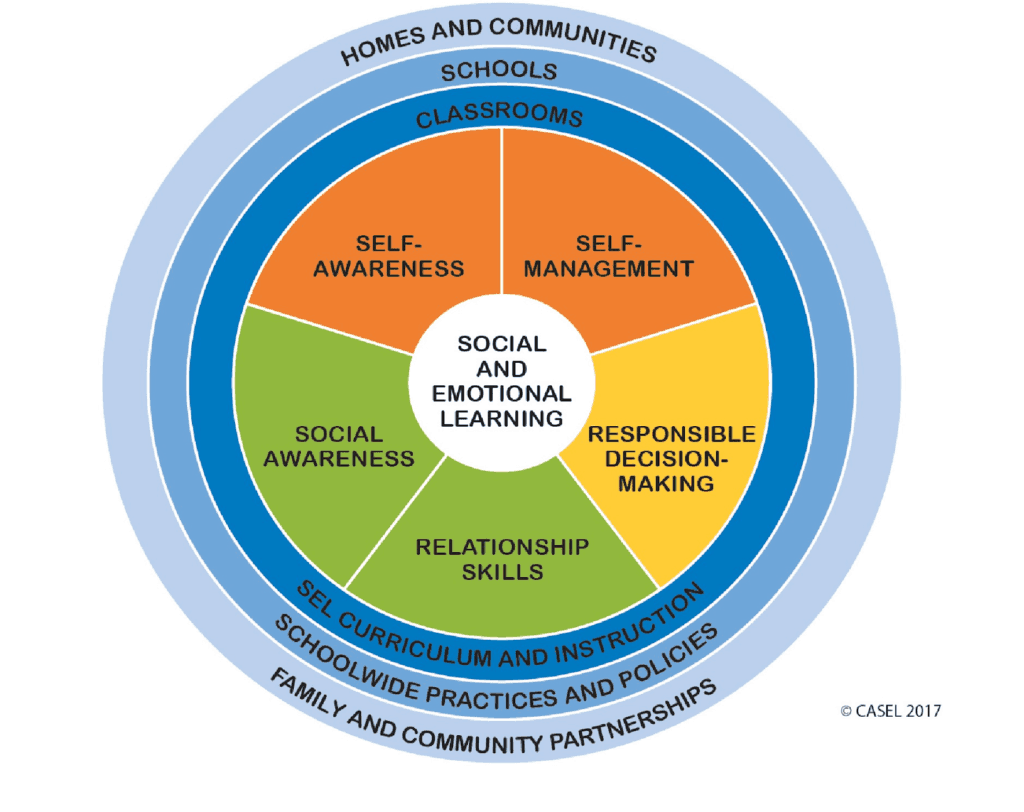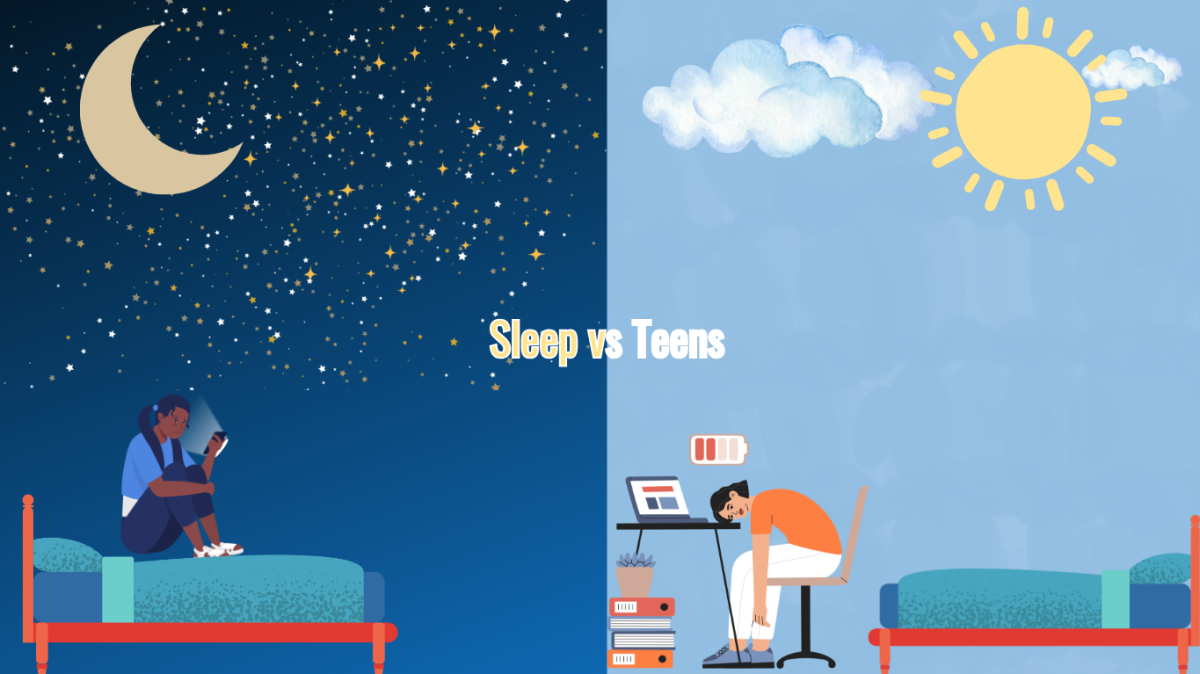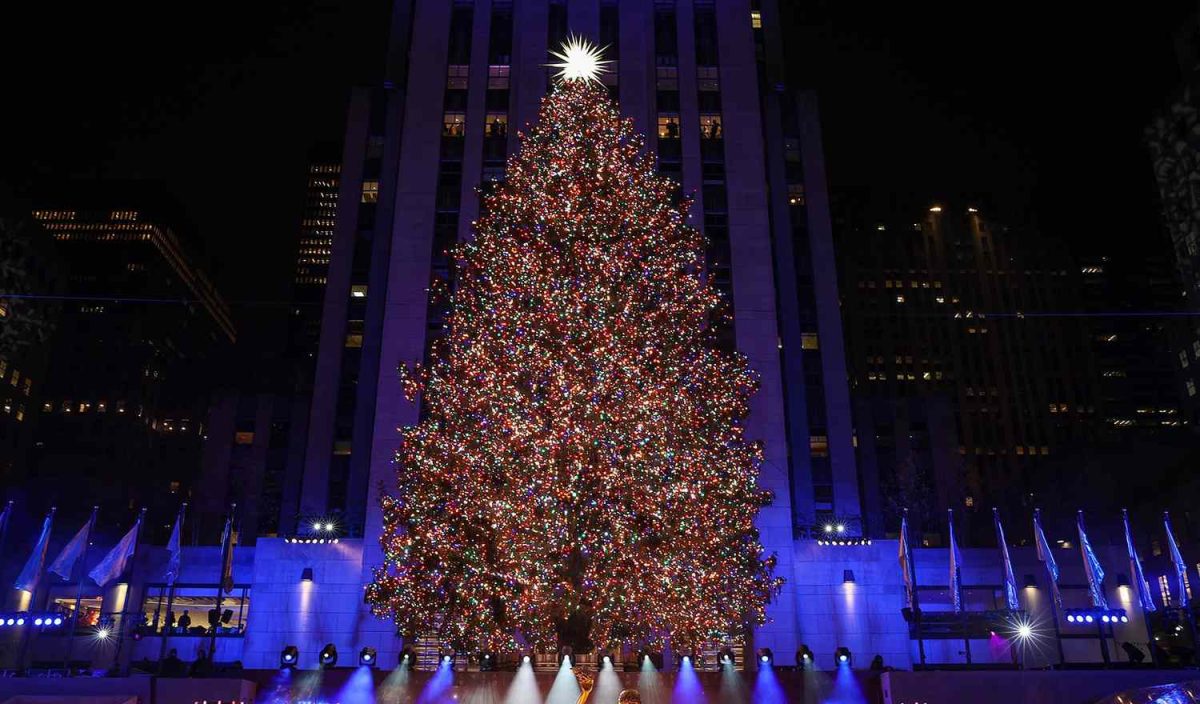Christmas, a time traditionally associated with joy, love, and togetherness, has undeniably become increasingly commercialized in recent years. The holiday season is now associated with extravagant shopping sprees, flashy advertisements, and materialism. This begs the question: Is Christmas too commercialized? While some argue that the spirit of the season has been overshadowed by materialism, it is essential to explore both sides of the debate and consider the potential consequences and benefits.
Critics argue that the commercialization of Christmas has diminished its true meaning. They agree that the focus on gift-giving and excessive spending has shifted attention away from the values of compassion, gratitude, and family. The pressure to buy expensive presents and keep up with expectations of the most trendy fads can lead to less gratefulness and overspending. Moreover, the constant bombardment of advertisements can create a culture of materialism, where the value of a gift is only as good as the value of its price tag.
On the other hand, the benefits of commercialization is that the holiday season serves as a significant source for businesses, boosting the economy and creating job opportunities. Additionally, the act of gift-giving can be a meaningful expression of love and appreciation. It allows people to show their affection and strengthen relationships, fostering a sense of connection during the festive period.
Christmas is loved by everyone no matter if it is too commercialized or not. The family, the joy, and the presents are what makes Christmas… like…Christmas? But, I’ll let you decide: Is Christmas too commercialized?





























Aria Han • Dec 21, 2023 at 4:11 pm
This is really good! I love how you talk about the point of view from both sides.
Hannah Sit • Dec 21, 2023 at 4:09 pm
This is so cool!! This article is written well and makes me think!! I think that Christmas is too commercialized.